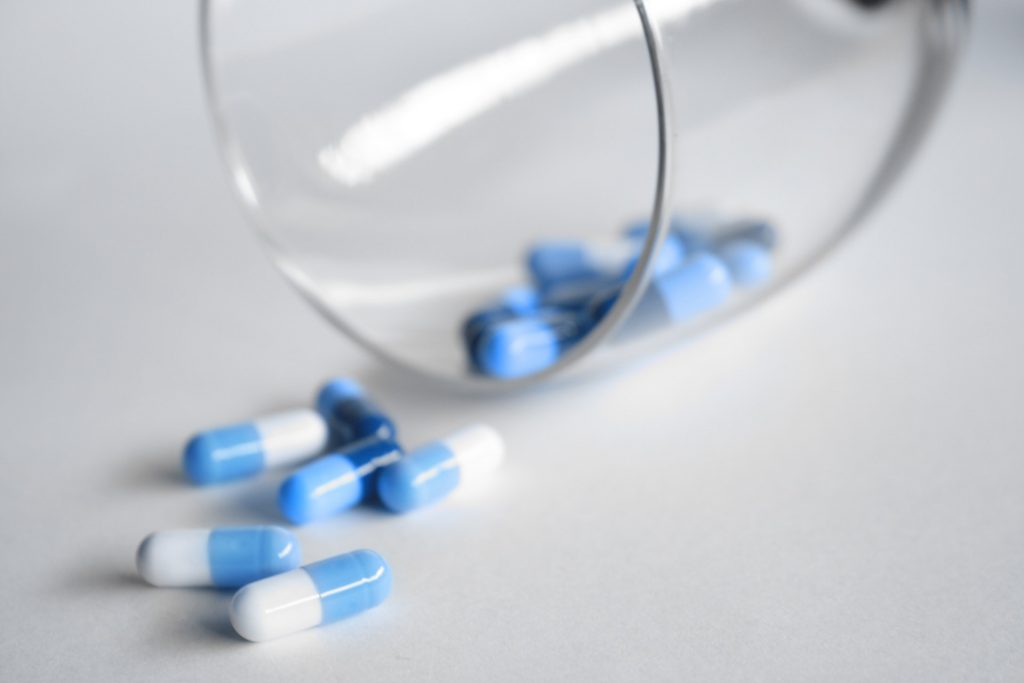
Addiction Medication Misconceptions
By Dr. Jessica Badichek, PharmD
In recent times, addiction medications also known as MAT (Medication-Assisted Treatment) medications have come under fire as being substitutes for one addiction to another. Medical professionals such as pharmacists or doctors often think patients on MAT are abusing MAT drugs such as methadone or buprenorphine/naloxone aka Suboxone®. These types of views have led to limitations in care and availability of these medications.
However, MAT programs are designed to provide safe and controlled doses of medications that are prescribed by doctors, nurse practitioners or physician assistants. At proper doses, MAT medications have been shown to have no adverse effects on mental capability, physical functioning or employability. Additionally, these medications often work very differently in a patient that has been abusing illicit drugs such as heroin versus a patient that has never taken an opioid medication before.
Patients that are dependent or addicted to opioids don’t experience the same type of euphoric effects that they would have if they took the opioid drug of abuse. Instead, methadone or buprenorphine relieve unpleasant withdrawal symptoms and cravings that cause chemical imbalances in the body. Relieving unpleasant withdrawal symptoms and reducing cravings can prevent patients from using illicit opioids that have a high potential for overdose and death.
Medical professionals are not the only people who may view MAT poorly, other patients in recovery may also view MAT as a “cop out” or easy choice. According to the Substance Abuse & Mental Health Services Administration (SAMHSA), MAT has been shown to improve patient survival and increase retention in treatment. This means that those on MAT may be less likely to die from a lethal overdose and are more likely to stay in treatment and remain clean. MAT is not an easy choice, but it may be a more effective one. Taking medication does NOT make you weak.
To learn more about how CompreCare Rx can help you, please visit here.
About the Author:
Dr. Jessica Badichek is the Director of Clinical Operations at CompreCareRx. With extensive knowledge of psychiatric therapeutics, substance use disorder therapies and pharmaceutical compounding, she is dedicated to providing optimal clinical care policies that focus on the needs of every individual patient. She has a passion for caring for those suffering from addiction and seeks to provide superior clinical care. She holds a Doctor of Pharmacy degree from Philadelphia College of Pharmacy and is a registered pharmacist.
